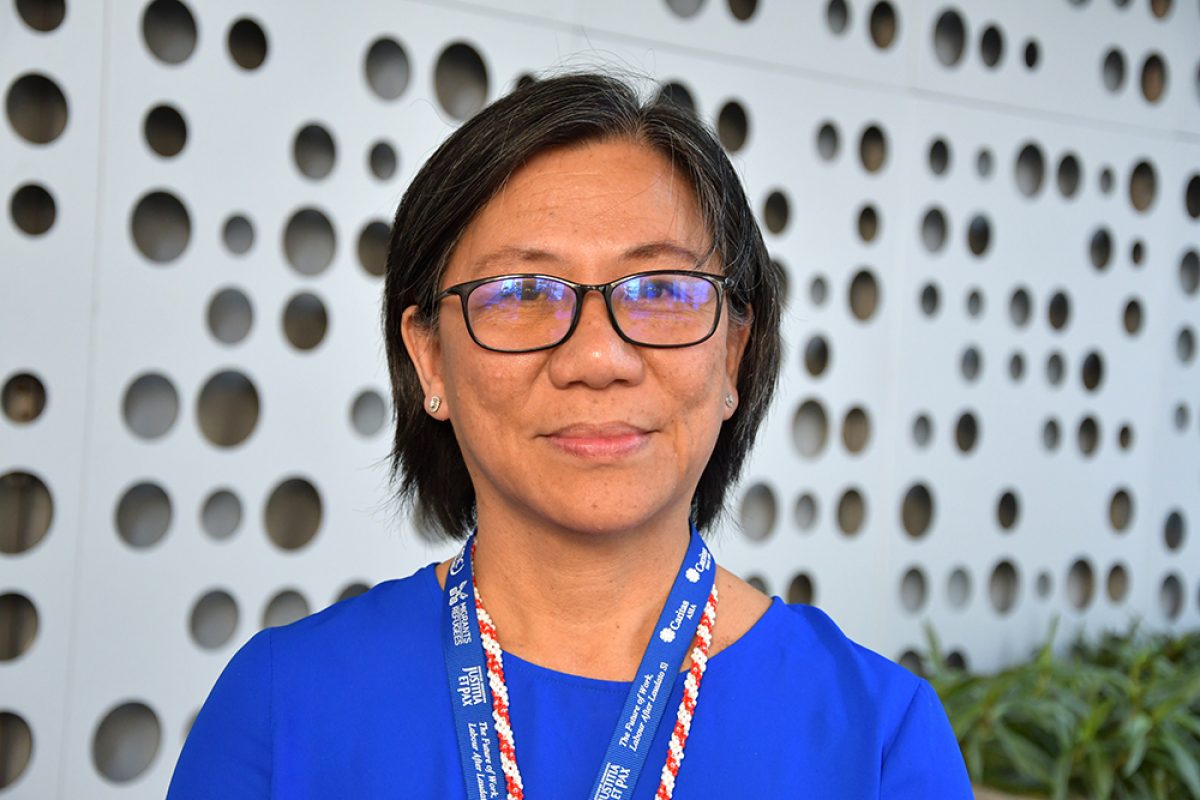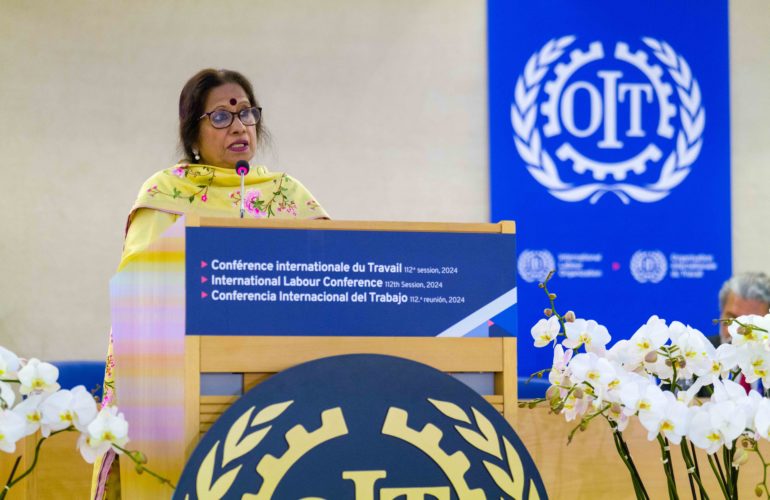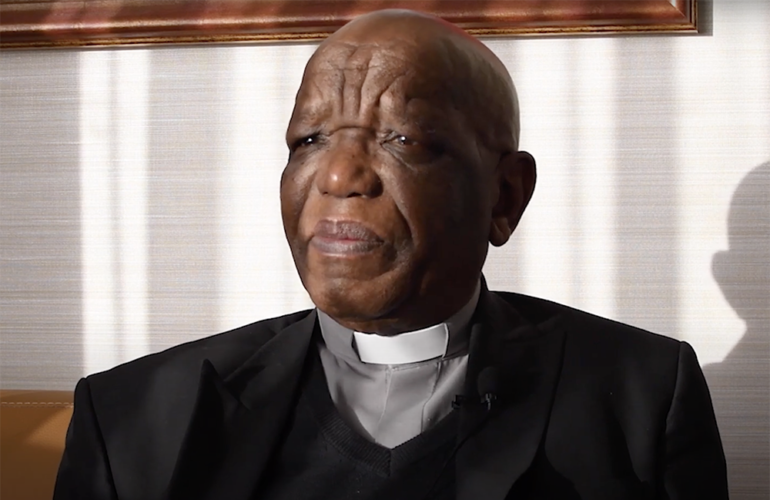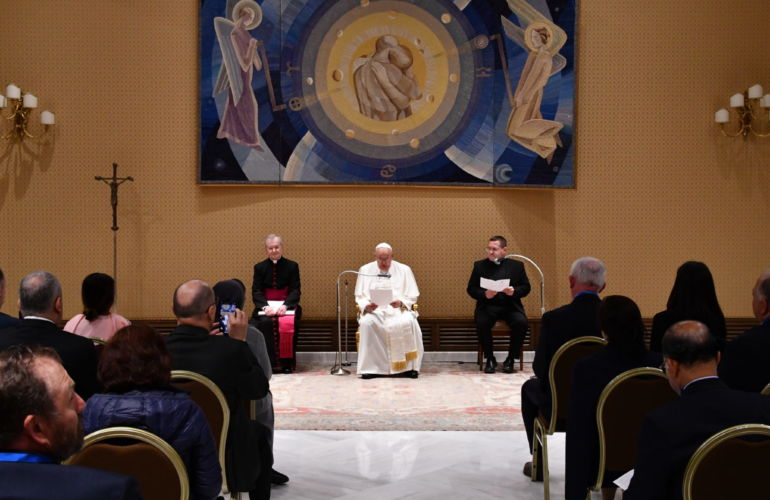Migrant Fishermen: Invisible Victims of Trafficking and Forced Labor

Migrant fishermen often endure extremely harsh working and living conditions and have little access to support, says researcher Dr. Marla Asis. Dr. Asis conducted a study on the working conditions of foreign fishermen in Taiwan. “Many of the indicators of forced labor and human trafficking are present,” she says.
“The issue of fishermen is something we need to pay attention to because they are largely invisible to the public,” says Dr. Marla Asis, Director of Research at the Scalibrini Migration Center of Manila in the Philippines.
Fishermen are particularly vulnerable to poor working conditions because they are out at sea for extended periods. “When something happens, the captain holds their fate in his hands. And of course, there is always the possibility that when things go wrong, in the worst-case scenario, you can be dumped at sea,” Dr Asis explains.
From August 2018 to April 2019, the Scalibrini Migration Center studied the working and living conditions of Filipino, Indonesian and Vietnamese workers hired aboard Taiwanese fishing vessels. The study is part of “The Future of Work, Labour After Laudato Sì” global research track supported and coordinated by the International Catholic Migration Commission (ICMC).
“The situation is very difficult because in Taiwan, migrant fishermen fall under two protection regimes. The fishermen who are working on domestic waters are under the Ministry of Labor’s jurisdiction and are generally better protected by Taiwan’s Labor Standards Act. Fishermen working in deep-sea fishing [international waters] are most vulnerable,” says Dr. Asis. They fall under the jurisdiction of Taiwan’s Fisheries Agency and are not entitled to Taiwan’s minimum wage, nor are they protected by the country’s labor laws.
The standard monthly wage for foreign fishermen in 2018 was approximately 720 US dollars, but interviewees working in deep-sea fishing received as little as 400 US dollars. The study also revealed many instances in which fishermen’s wages, salary deductions, and working hours did not respect their initial contract. Many fishermen also endured daily verbal abuse.
“Many of the indicators of forced labor and human trafficking are present in the working conditions” of deep-sea migrant fishermen, says Dr. Asis. “Trafficking also happens to men and particularly in this case, to fishermen.”
“The desire to improve their families’ situation is the one thing that keeps them going. They always hope that something good will come out of it because they are working to improve their families’ future,” she adds.
The study shows that Filipinos have more access to support, assistance and information about their rights because the community of Filipino workers in Taiwan has been established for longer. They are also more aware of support programs run by Catholic organizations because the vast majority of Filipinos are Catholic.
Indonesian and Vietnamese fishermen, on the other hand, have a very limited support system and more difficulty accessing their rights. Vietnamese workers in particular reported extremely long working hours and systematic verbal abuse.
When labor inspectors are able to access migrant fishermen’s workplaces, the language barrier often impedes their inspections. However, Dr. Asis believes there is also a lack of commitment to complete labor inspections at sea.
“One of our recommendations is to have more regular and independent inspections. […] It would be important to involve other players. Of course, government authorities are very important, but there is also a lot of room for labor unions,” civil society organizations, and government representatives of fishermen’s countries of origin. Along with Taiwanese institutions, they could collaborate to set up independent processes to scrutinize migrant fishermen’s working conditions and provide them with support programs.
The Scalabrini Migration Center’s study on the working conditions of migrant fishermen in Taiwan will be published in 2020. Dr. Asis presented the conclusions of the research during a High-Level Regional Conference on the Future of Work co-organized by ICMC in Bangkok on 3-4 December 2019.


